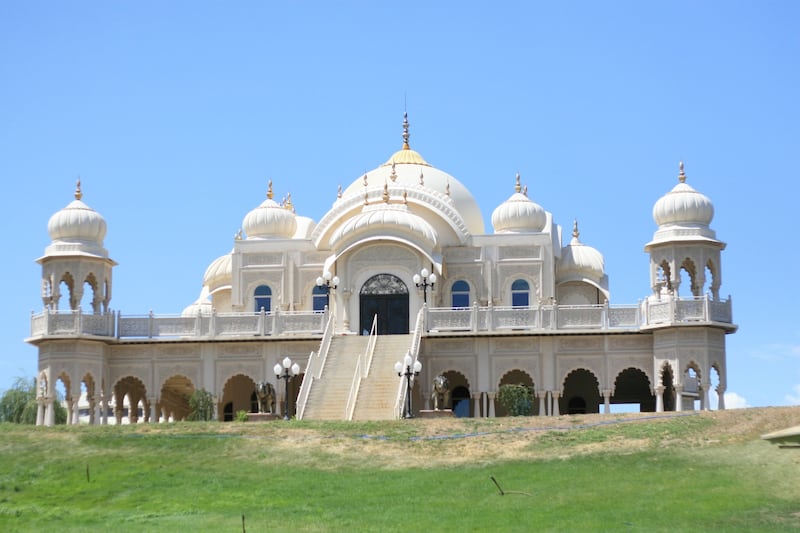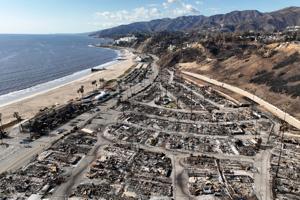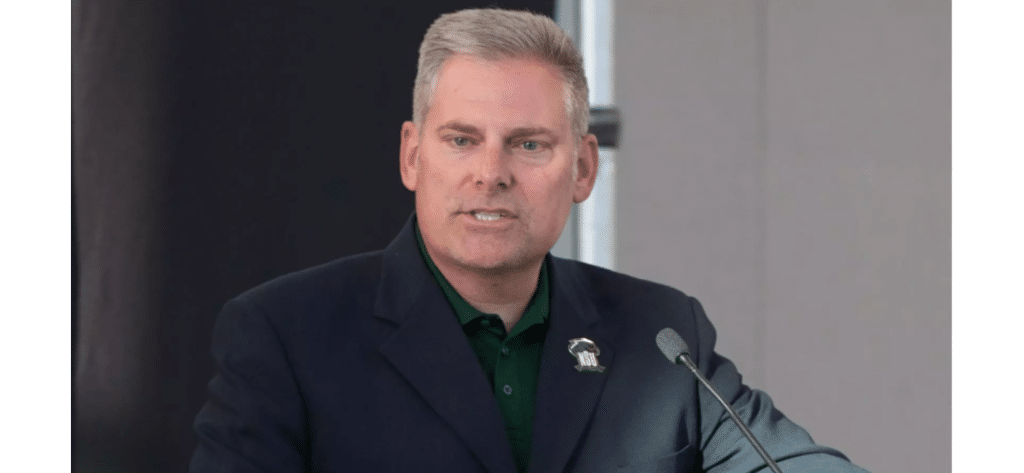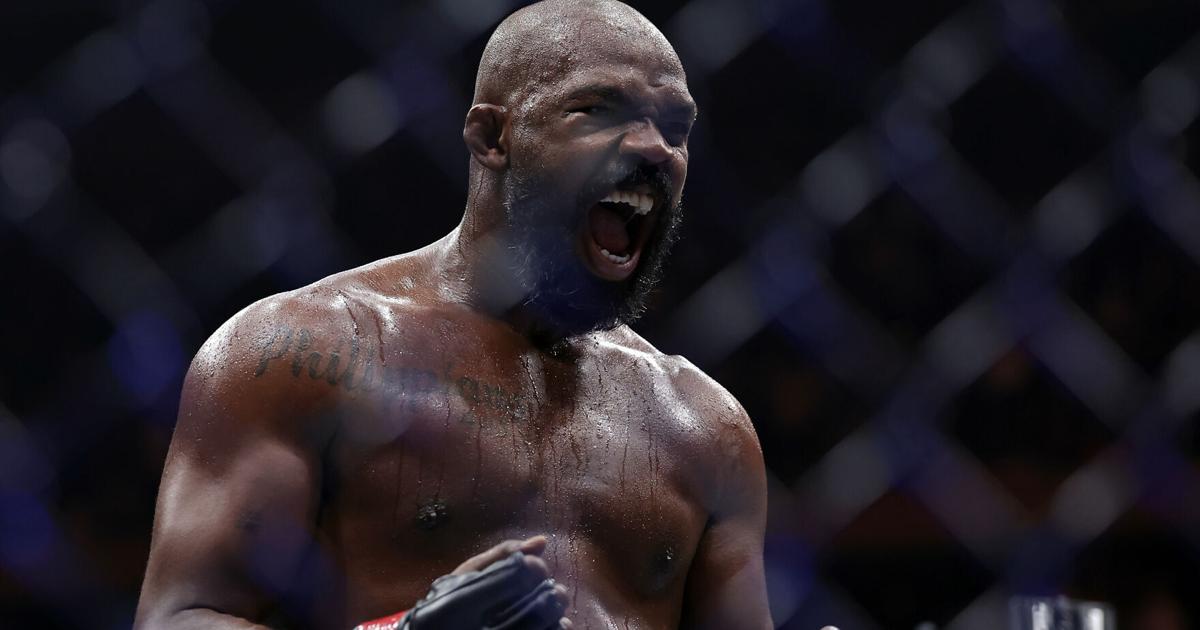Surge in Attacks on Religious Sites: Utah’s Krishna Temple Latest Target

The serene surroundings of the Sri Sri Radha Krishna Temple in Spanish Fork, Utah, were shattered recently when the temple became the latest target in a troubling trend of attacks on religious sites. The initial assault began with bullets striking the temple’s radio station, followed by further gunfire that damaged its intricate arches and shattered a window in the worship room. According to Vai Warden, the temple’s president and co-founder, the Utah County Sheriff’s Office discovered 20 to 30 shell casings at the scene. “Most of us are in shock,” Warden told the Deseret News.
The Krishna Temple is renowned for hosting the vibrant Holi Festival, attracting visitors from all over. On June 18, Warden heard a loud bang and initially suspected teenage mischief. However, the discovery of shell casings revealed the true nature of the attack. “Vandalism is when you go and spray paint something,” she explained. “This is real damage — this is hate motivated, it’s downright offensive aggression.”
Rising Trend of Religious Site Attacks
The attack on the Krishna Temple is part of a broader increase in assaults on religious buildings and communities. Recently, two churches in Alabama were extensively vandalized, and a meetinghouse of The Church of Jesus Christ of Latter-day Saints in Provo suffered significant damage. Antisemitic incidents and other religiously motivated crimes have been escalating across the United States.
In a particularly harrowing incident, two Israeli embassy staffers were killed in Washington, D.C., and a man in Boulder, Colorado, attacked a group advocating for the release of Israeli hostages with molotov cocktails, resulting in one fatality. The Kol Ami synagogue in Salt Lake City has also been targeted with bomb threats and harassment since the Hamas attack on Israel on October 7, 2023.
The attacks on religious sites have surged by almost 100% between 2021 and 2023, according to CBS News, citing FBI crime reports.
Government Response and Legal Actions
The U.S. Department of Justice has intensified its efforts to address these hate crimes. In June, a Virginia man received a 25-year sentence for attempting a mass shooting at a church, and an Arizona man was convicted for targeting Christian churches across multiple states.
Harmeet Dhillon, the assistant attorney general for civil rights, stated, “Hate crimes driven by bias against national origin or any other protected characteristic including religion are a direct assault on the principles of equality and justice that define our nation.” The Civil Rights Division is committed to prosecuting such acts vigorously.
Antisemitism and Global Religious Tensions
Rabbi Sam Spector of the Kol Ami synagogue has expressed concern over the rise in antisemitism, which has surged by 360% since the October 7 attack, according to the Anti-Defamation League’s 2024 report. The synagogue has invested heavily in security measures, including surveillance systems and physical barriers, to protect its congregation.
Religious assaults are not confined to the United States. The United Kingdom, France, and Germany have reported increases in anti-Christian hate crimes, involving graffiti, vandalism, and arson, as noted by the Organization for Security and Co-operation in Europe (OSCE).
Community Support and Resilience
Despite the attacks, communities have rallied in support. In Utah, the Kol Ami synagogue has received financial contributions from various faith groups to bolster security. “Some have sent us $10 to help with our security costs and other people have sent $10,000,” Rabbi Spector shared. “And that’s been extremely helpful for us in helping to keep people safe.”
The Utah County Sheriff’s Office continues to investigate the Krishna Temple shooting, with increased patrols and security footage reviews. “I don’t think anyone would come again at this point because there’s so much surveillance,” Warden noted. The temple remains open, a testament to the community’s resilience and determination not to be intimidated.
“We’re not gonna be knuckled down or hiding,” Warden declared. “We’re being tough and resilient and we’re getting a lot of help from our members.”
The Department of Justice aims to make religious sites less vulnerable, with Dhillon emphasizing the importance of not allowing these places to become “soft targets.” Rabbi Spector supports the DOJ’s efforts while advocating for a balance between prosecuting hate crimes and preserving free speech.
As the Krishna Temple and other religious sites continue to face threats, the commitment to maintaining these sacred spaces remains unwavering. “It’s a sanctuary, it’s a very sacred place,” Warden affirmed, reflecting the enduring spirit of faith communities worldwide.






